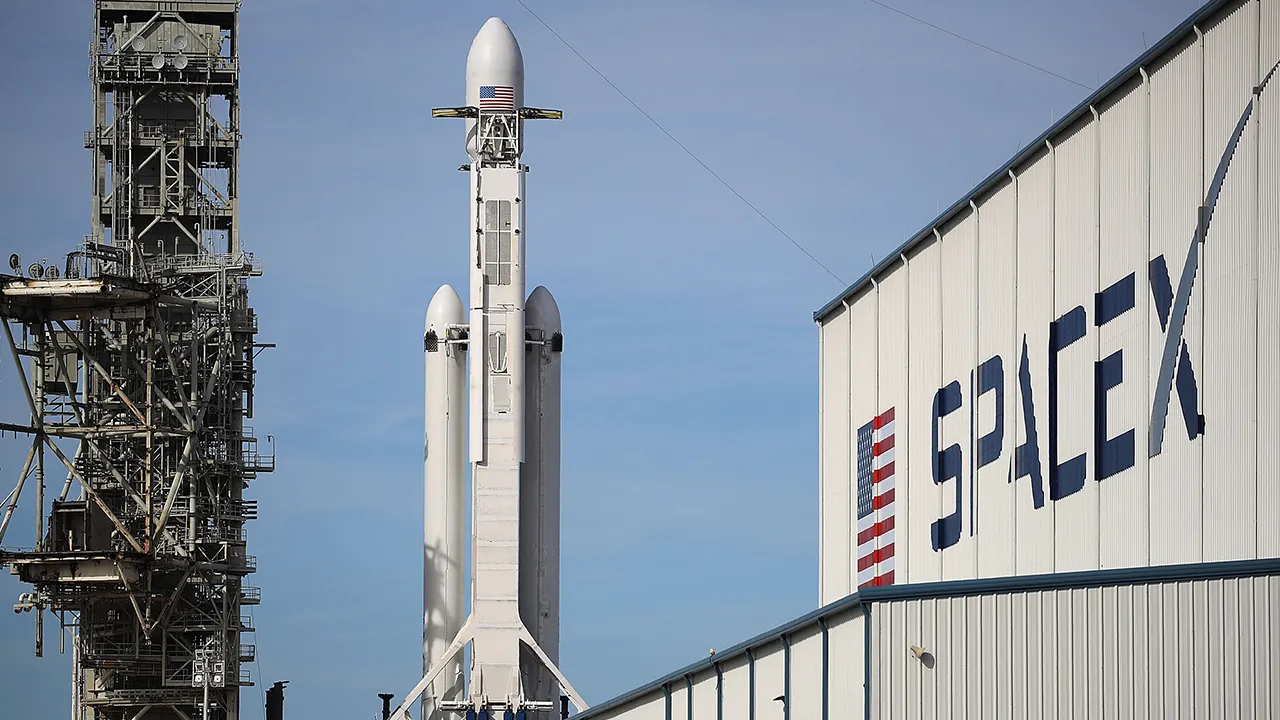The Federal Aviation Administration (FAA) announced on Thursday that SpaceX’s Falcon 9 rocket has been authorized to return to space following a rare mid-flight failure that grounded it

The FAA has determined that the anomaly that transpired during the aborted July 11 launch did not pose any public safety concerns. Consequently, the rocket may resume flight operations while the investigation is ongoing.
SpaceX announced in a post on X that it was prepared to resume the rocket’s flight as soon as Saturday, July 27.
The first failure of a rocket relied upon by the global space industry in over seven years occurred when Falcon 9, the world’s most frequently used rocket, was suspended after one of its components disintegrated in space, resulting in the loss of its payload of Starlink satellites.
According to a statement issued by SpaceX on Thursday, a liquid oxygen discharge resulted in the overcooling of one of its engine components, which subsequently damaged the hardware.
SpaceX stated that the leak was caused by a fracture in a sense line for a pressure sensor. The second-stage engine’s failed sense line and sensor will be removed for near-term launches.
The Falcon 9 is the sole U.S. rocket capable of transporting NASA crews to the International Space Station. NASA anticipates the launch of its subsequent astronaut mission in August, with SpaceX’s Crew Dragon astronaut capsule atop the rocket.



